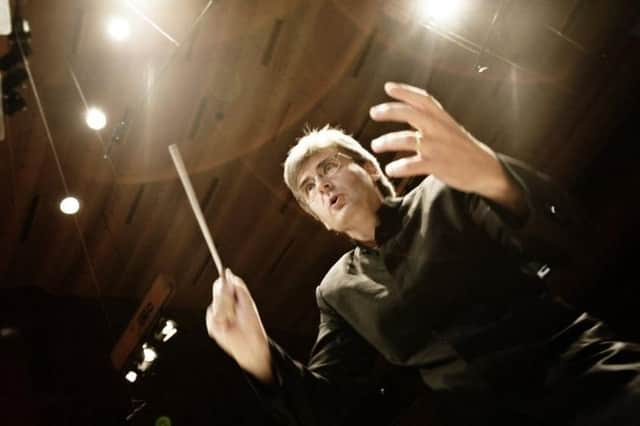Music review: BBC SSO & Thomas Dausgaard, City Halls, Glasgow


That’s it, then. Thomas Dausgaard has conducted his final season concert as principal conductor of the BBC SSO and the message from Thursday’s double helping of Nielsen symphonies, with Mozart filling, was that there is probably more to the Danish conductor than we actually experienced over his six years in post, but a genuinely explosive, two-way chemistry between him and the orchestra never quite materialised.
His final programme also marked the completion of his valedictory sweep of the six Nielsen symphonies, the embryonic excitability and musical wanderlust of the First and the unquenchable optimism of No 4 – The Inextinguishable – framing a decidedly gauche approach to Mozart’s Clarinet Concerto by soloist Jörg Widmann.
Advertisement
Hide AdAdvertisement
Hide AdIt started where the previous week’s Second Symphony left off, Dausgaard crisply off the starting block with a forthright view of the First’s titillating contradictions, its seductive conflict between fearless bravado and poised reflection. It was a revelation to hear pointed references to Nielsen’s evolving melodic hallmark, motifs that turn chromatically in on themselves, and his idiosyncratic juxtaposition of vying tonalities.
Widmann’s Mozart took us into weirder territory. Each time he appears in Scotland his eccentricity grows. This Mozart, after a stylishly soft-spun orchestral exposition, turned ugly. Widmann’s inexplicably raucous tone, frequent wayward intonation and indulgent tempo-bending grated with the music’s natural instinct, which Dausgaard fought bravely to accommodate.
The Inextinguishable provided a reset. Driven by fitful upheaval en route to a bombastic, hope-filled affirmation featuring two warring timpanists – guest drummer Alasdair Kelly, emerging plain-clothed from the audience with only a split second to throw the gauntlet at regular timpanist Gordon Rigby – it bore heroic impact.
You could almost forgive the odd bit of slackness in coordination, but these details mark the difference between an average conductor-player relationship and a really great one.